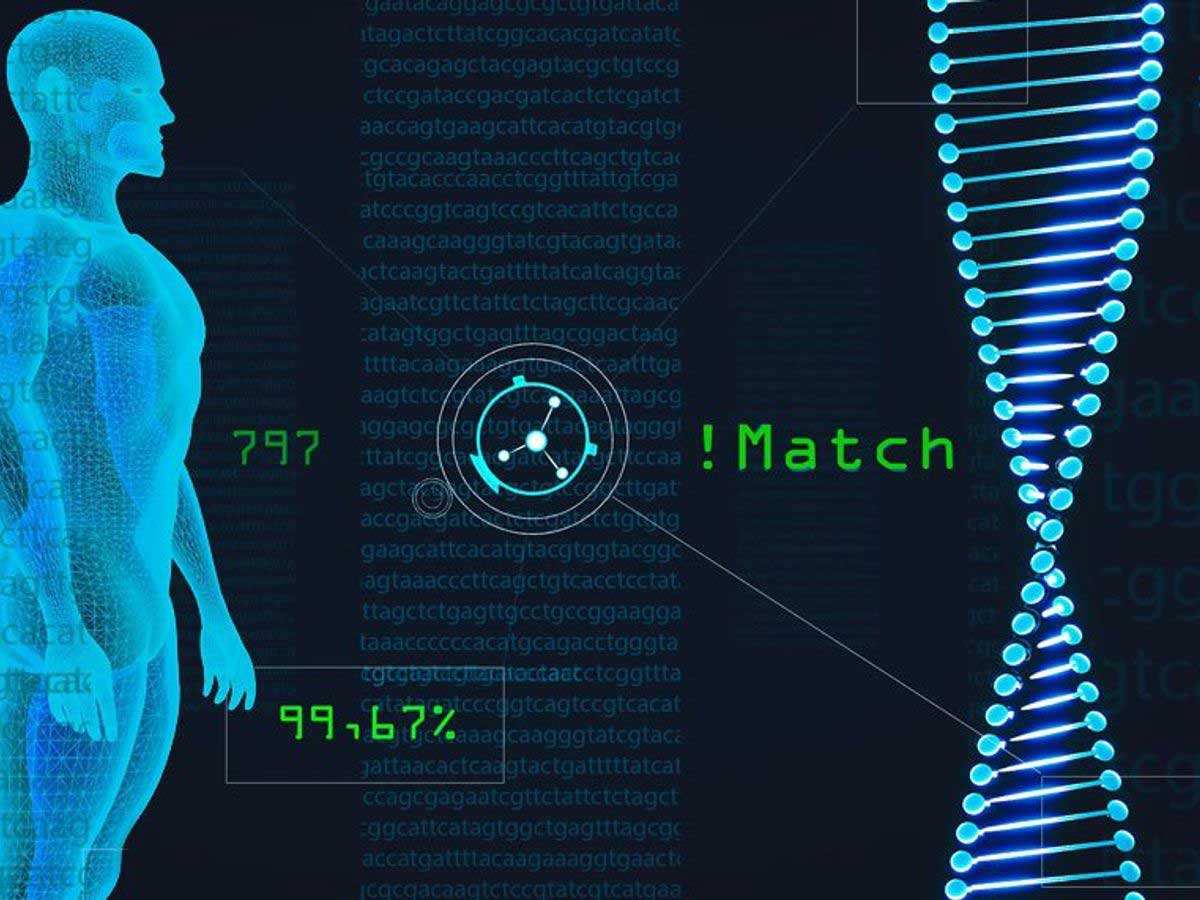Paternity is a legally recognized relationship between a father and his child. In many countries and states, when a child is born outside of a legal marriage or civil union, a father may not be added to the child’s birth certificate until paternity is established. In Illinois, for example, paternity is presumed if the couple is married or in a civil union within 300 days of the child’s birth.
When relationships sour, there are some instances where paternity needs to be established for cases regarding child support or custody. This may also affect health insurance or veteran’s benefits. Of course, there are countless other situations where a paternity test is desired or ordered. The next question is: Where do I get one?
Paternity tests have become much more affordable and accessible. Here are three ways to get a paternity test based on your need to know or by order of a court. Click here to learn more about the process of paternity test.
Free Testing
In states like Alaska, Arizona, California, and Missouri, there are programs where the test may be free if it is court-ordered when paternity is being disputed. There is one caveat: In many instances, if it is determined that he is, in fact, the father, he will have to pay back the cost of the test. Check your local state or county Department of Social Services.
Social Services usually has a list of resources and accredited labs where the test must be processed to be accepted. If paternity is being disputed in a court of law, it is vital to respond, follow all directives, and get tested at an approved lab. Ignoring the case or skipping steps may result in a negative ruling.

Online Services
As technology improves, online DNA testing has become affordable, less invasive, and simple. Services like Test Me DNA and 23andMe offer options like ancestry composition where the DNA of a close relative of the presumed father may be used to establish paternity. Unlike the latter, Test Me DNA offers paternity tests to establish a legal familial bond.
If the goal is to research the family tree, many of the online services are adequate to connect with a cousin four times removed. But if it is for legal purposes, make certain that the test is done at an accredited lab.
Much the same can be said about the paternity tests that are purchased at the local drug store or supermarket.
Talk to Your Physician
Whether a paternity test is being done out of curiosity or legal obligation, a primary care physician will be able to take a DNA sample and send it to a licensed lab. Unlike most online DNA testing sites, which market the ancestry and lineage angle, a paternity test from the doctor is going to go to a trusted laboratory.
Of course, there are different types of paternity tests with different layers of invasiveness, whether it is a swab or blood sample. Understand which test is recommended based on the needs of the court or for your satisfaction.

